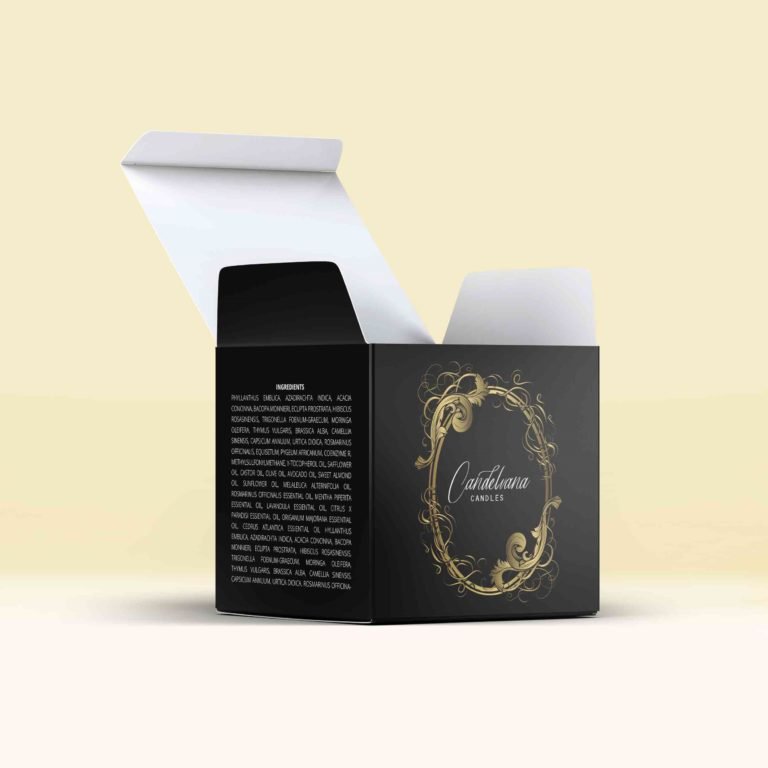Introduction
Brand loyalty is a powerful force that goes beyond mere consumer preference. It involves a deep emotional connection between customers and a brand, influencing their choices, preferences, and even advocacy. Understanding the psychology behind brand loyalty is essential for businesses aiming to build lasting relationships with their customers. In this article, we explore the intricate psychology that underlies brand loyalty and strategies for businesses to cultivate and strengthen this valuable connection.
The Power of Emotional Bonds
Brand loyalty often stems from emotional connections consumers establish with a brand. Positive experiences, shared values, and memorable interactions contribute to a sense of emotional attachment. Businesses that evoke emotions like trust, joy, or nostalgia in their customers are more likely to build lasting brand loyalty.
Creating Positive Experiences
Consistently delivering positive experiences is key to fostering emotional attachment. This extends beyond the product or service itself and encompasses every touchpoint with the brand, including customer service, packaging, and marketing communications. Positive experiences create a foundation for a strong emotional bond.
The Role of Consistency
Consistency in branding builds trust. When consumers encounter a brand that delivers a consistent message, visual identity, and product quality, it creates a sense of reliability. Trust is a fundamental element of brand loyalty, and consistency across various brand elements reinforces that trust.
Transparency and Authenticity
Transparency and authenticity contribute to building trust. Modern consumers value honesty and openness from the brands they choose. Businesses that are transparent about their values, practices, and even shortcomings foster a sense of authenticity that resonates with consumers, strengthening the foundation of brand loyalty.
Brand as an Extension of Identity
Consumers often perceive brands as an extension of their identity. Choosing certain brands becomes a way for individuals to express their personality, values, and lifestyle. Businesses that understand this psychological aspect can tailor their branding to align with the identities and aspirations of their target audience.
Leveraging Lifestyle Marketing
Lifestyle marketing involves associating a brand with a particular lifestyle or set of values. By understanding the desires and aspirations of their audience, businesses can position their brand as an ally in achieving a certain lifestyle. This alignment enhances the emotional connection and encourages brand loyalty.
The Psychology of Rewards
Implementing reward systems taps into the psychological desire for acknowledgment and gratification. Loyalty programs, discounts, and exclusive perks create a sense of reciprocity. When consumers feel rewarded for their loyalty, it strengthens the emotional connection and incentivizes repeat business.
Exclusivity and FOMO
Creating a sense of exclusivity through loyalty programs triggers the fear of missing out (FOMO). Limited-edition products, VIP access, or exclusive events for loyal customers enhance the perceived value of the brand. This exclusivity not only rewards loyalty but also drives ongoing engagement.
The Impact of Social Proof
Social influence plays a significant role in brand loyalty. Positive reviews, testimonials, and endorsements from peers create social proof, validating the brand’s credibility. Businesses can leverage user-generated content and encourage customer reviews to harness the power of social influence.
Community Building Strategies
Building a community around a brand fosters a sense of belonging. Online forums, social media groups, or branded events bring together like-minded individuals who share an affinity for the brand. The sense of community reinforces brand loyalty by creating a supportive and inclusive environment.
Adapting to Consumer Needs
Adaptive marketing involves staying attuned to evolving consumer needs and preferences. Businesses that demonstrate a commitment to understanding and meeting the changing requirements of their customers signal that they value the relationship. Adaptive marketing builds a bridge to long-term brand loyalty.
Personalization and Customization
Personalization creates a more individualized and meaningful customer experience. By tailoring products, services, and marketing communications to individual preferences, businesses can make customers feel seen and valued. Personalization enhances the sense of connection, driving brand loyalty.
Conclusion
The psychology of brand loyalty is intricate, involving a delicate interplay of emotions, trust, identity, and social influences. Businesses that grasp the psychological factors influencing consumer behavior can strategically implement initiatives to build and strengthen brand loyalty. From creating positive emotional experiences to leveraging social influence and adaptive marketing, understanding the psychology behind brand loyalty empowers businesses to forge enduring connections with their customers.





